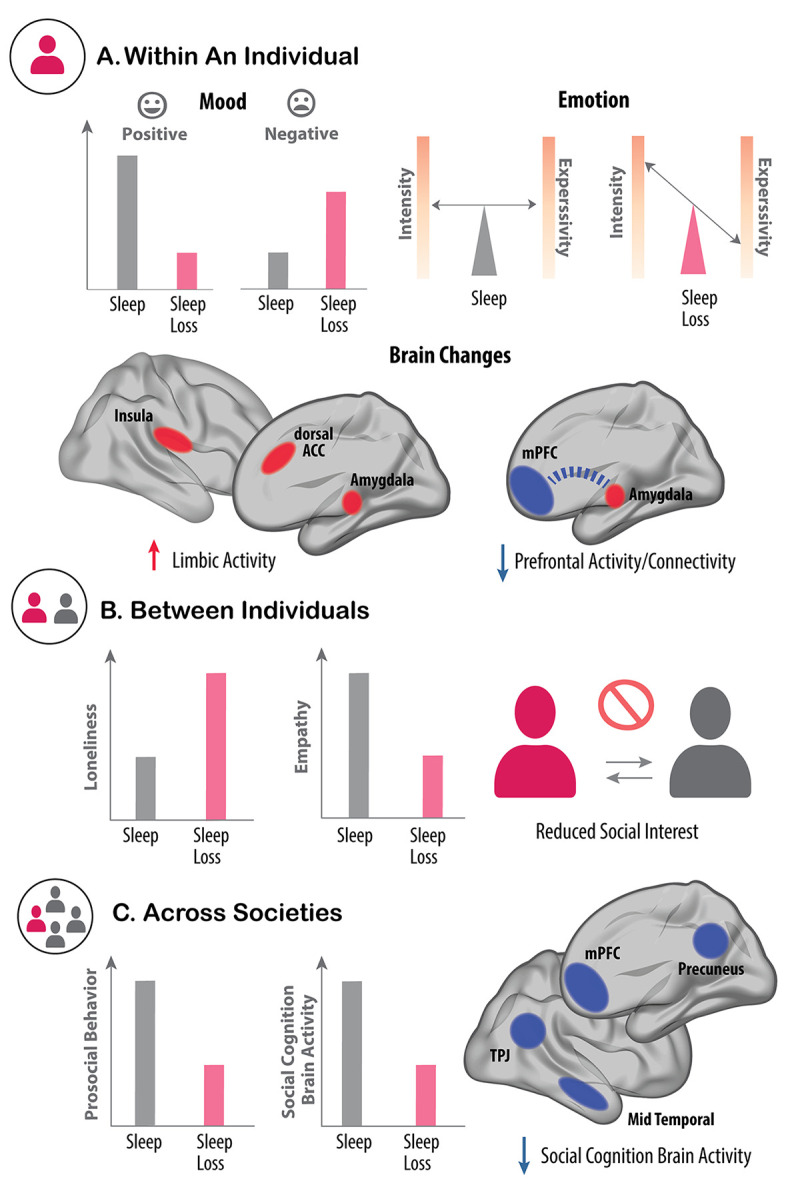Fig 3. Social and emotional consequences of sleep loss.

(A) Within an individual, sleep loss (pink) triggers a sharp reduction in positive mood and, to a lesser extent, an increase in negative mood (left-side panel). The emotional intensity felt by sleep-deprived individuals is also amplified by lack of sleep. However, there is a paradoxical decrease in the outward emotional expressivity triggered by sleep deprivation (right-side panel). These affective changes are further reflected in the brain. Here, sleep loss increases activity in the limbic network involved in emotional processing (red, left-side brain) yet reduces activity in the mPFC (blue, right-side brain). In addition, functional connectivity between the mPFC and amygdala is also reduced by sleep loss (dashed blue line), which is a communication pathway that normally regulates emotion. (B) Interindividual affective processes and behaviors are also altered by sleep loss. For example, sleep loss increases feelings of loneliness within the sleep-deprived individual and lowers feelings of empathy towards others (left panel). This asocial phenotype within an individual is further reflected in the reduced desire to interact with other, rested individuals. This effect is bidirectional. Rested individuals, unknowing of the sleep-deprived state of their conspecific, nevertheless show a similar reduction in the desire to interact with underslept others (right panel). (C) Across larger societal scales, insufficient sleep impairs prosocial behavior observed in large groups of individuals. For example, underslept groups express a reduced overall trend of helping behaviors and reduced motivation of typical societal civic duties, such as volunteering or voting (left panel). One underlying mechanism accounting for these collective asocial consequences is impaired activity in the social cognition brain network of underslept individuals (right panel), which is relevant as this network normally supports the ability to understand the state of others (i.e., theory of mind), and also promotes prosocial helping and cooperation. ACC, anterior cingulate cortex; mPFC, medial prefrontal cortex; TPJ, temporal parietal junction.
